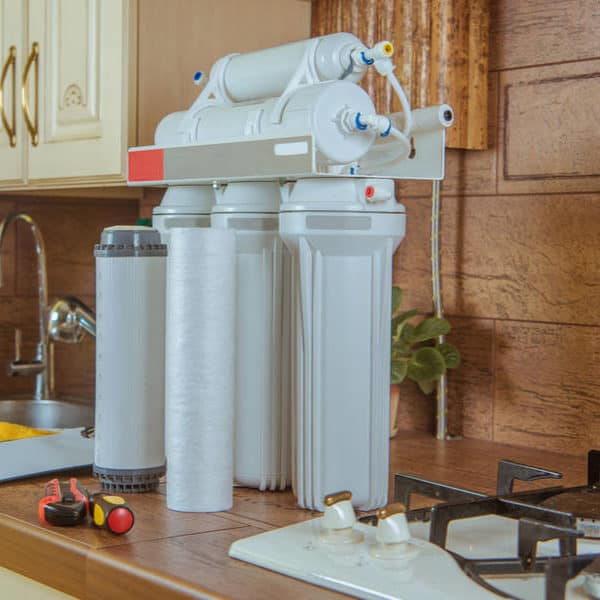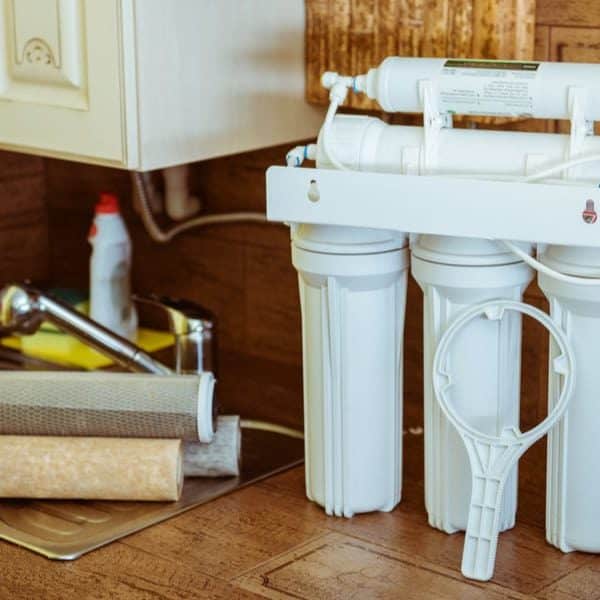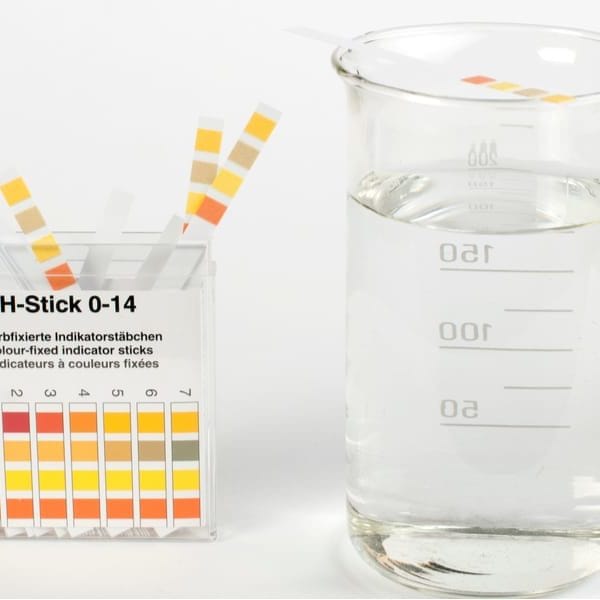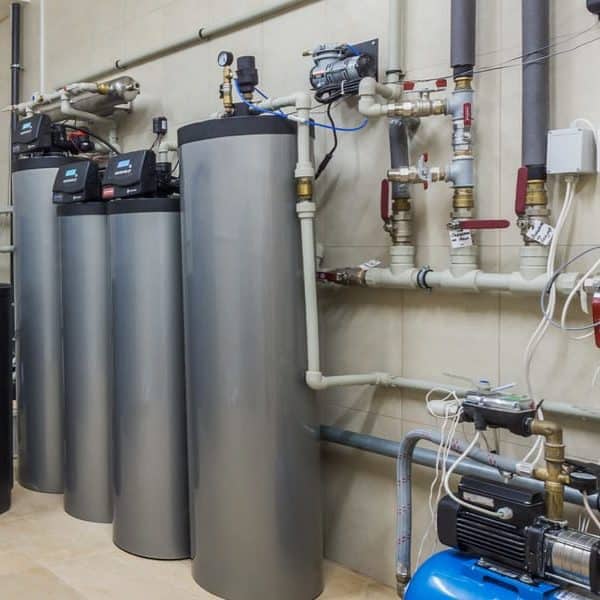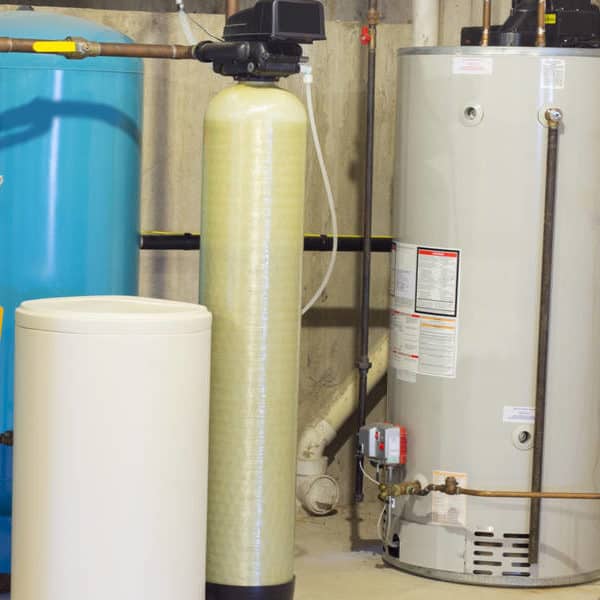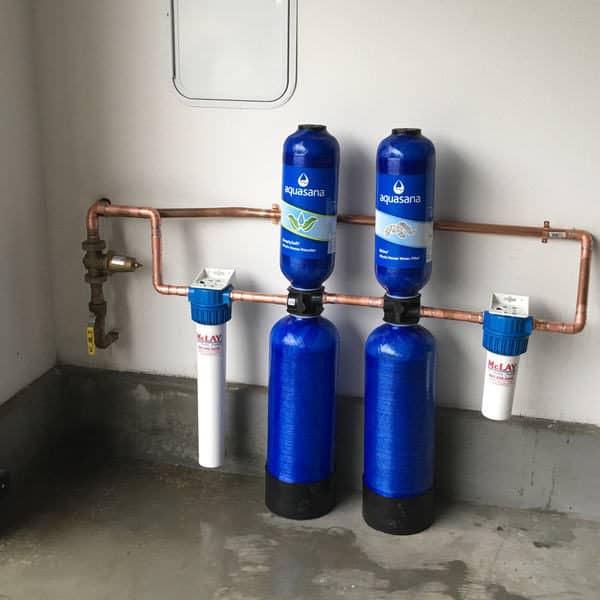When it comes to optimizing industrial processes, control valves play a pivotal role in regulating fluid flow and maintaining system stability. These valves are essential components in various industries, from manufacturing to oil and gas production. In this comprehensive guide, we will explore the world of control valves, emphasizing the importance of selecting the right valve for your specific application. Whether you’re looking for Honeywell control valves, Hayward Flow Control valves, KMC control valves, or Johnson Controls control valves, we’ll provide insights into the factors to consider when making your choice.
Understanding Control Valves
Control valves are integral to the precise regulation of fluid flow, pressure, and temperature in industrial processes. They come in various types and sizes, each designed to cater to specific operational requirements. Control valves enable operators to maintain desired setpoints, ensuring product quality, process efficiency, and safety. These valves are not one-size-fits-all; selecting the appropriate valve is crucial for achieving optimal control.
Key Factors to Consider When Choosing Control Valves
- Flow Requirements: The first step in selecting the right control valve is to understand your system’s flow requirements. Consider factors such as flow rate, pressure, and the type of fluid being controlled. Different valves are designed for various flow conditions, so matching your valve to your system’s needs is essential.
- Pressure Ratings: Ensure that the control valve you choose can handle the pressure conditions within your system. Honeywell control valves, for instance, are known for their robust pressure ratings, making them suitable for high-pressure applications.
- Material Compatibility: Consider the compatibility of valve materials with the fluid being controlled. Corrosive substances require valves made from corrosion-resistant materials to ensure longevity and reliability.
- Temperature Range: Control valves must operate within the specified temperature range of your application. Some valves, like Hayward Flow Control valves, are engineered to withstand extreme temperature conditions.
- Control Type: Decide whether you need on/off control or throttling control. Different valves are designed for specific control methods, so understanding your requirements is essential.
- Maintenance Requirements: Evaluate the maintenance needs of the control valve. Some valves are designed for easy maintenance, reducing downtime and operational disruptions.
- Cost Considerations: Consider the initial cost of the valve, as well as long-term operational and maintenance costs. A well-chosen valve may have a higher upfront cost but can result in significant savings over its lifetime.
Types of Control Valves
Control valves come in various types, each tailored to specific applications:
- Globe Valves: These are versatile valves suitable for regulating flow in a wide range of applications. Globe valves offer precise control and can handle high-pressure conditions. Honeywell control valves often include globe valve options.
- Butterfly Valves: Known for their simple design and cost-effectiveness, butterfly valves are used for large-diameter applications. Hayward Flow Control valves offer an array of butterfly valve choices.
- Ball Valves: Ball valves provide quick shutoff and are commonly used in on/off control applications. Johnson Controls control valves include ball valve options designed for HVAC systems.
- Diaphragm Valves: Ideal for controlling highly corrosive or abrasive fluids, diaphragm valves feature a flexible diaphragm that seals the flow path.
- Gate Valves: Gate valves are typically used for fully open or fully closed control and are suitable for applications with minimal flow restrictions.
Exploring Control Valve Brands
Now, let’s delve briefly into some well-known control valve brands:
- Honeywell Control Valves: Honeywell is recognized for its precision and reliability in control valve technology. These valves are often used in critical applications where accuracy is paramount.
- Hayward Flow Control Valves: Hayward Flow Control valves are known for their durability and versatility. They excel in various industries and offer a wide range of options to suit different applications.
- KMC Control Valves: KMC control valvesare valued for their flexibility and adaptability. They are frequently used in HVAC systems and building automation.
- Johnson Controls Control Valves: Johnson Controls control valves are synonymous with efficiency and innovation. They are commonly employed in HVAC and industrial applications.
Making the Right Choice
Selecting the right control valve for your application is a critical decision that can significantly impact your process efficiency and product quality. To ensure you make an informed choice:
- Consult with experts in the field who can provide guidance tailored to your specific needs.
- Consider conducting pilot tests to evaluate the valve’s performance in your system.
- Factor in long-term maintenance requirements and costs.
- Be aware of the compatibility of materials with the fluids in your process.
Conclusion
In conclusion, control valves are indispensable tools in achieving precision and efficiency in industrial processes. Whether you’re looking for Honeywell control valves, Hayward Flow Control valves, KMC control valves, or Johnson Controls control valves, understanding your system’s requirements is key to making the right choice. By carefully evaluating factors such as flow, pressure, materials, and control type, you can ensure that your control valve selection enhances your operational success.


